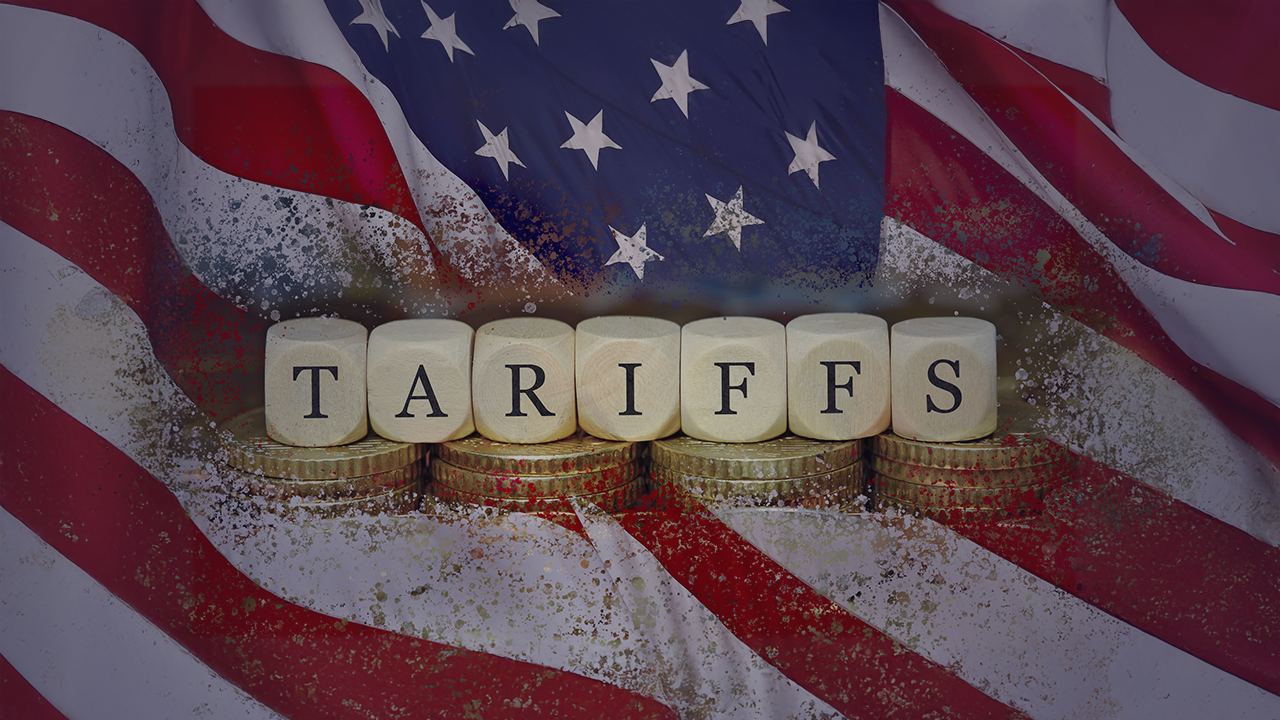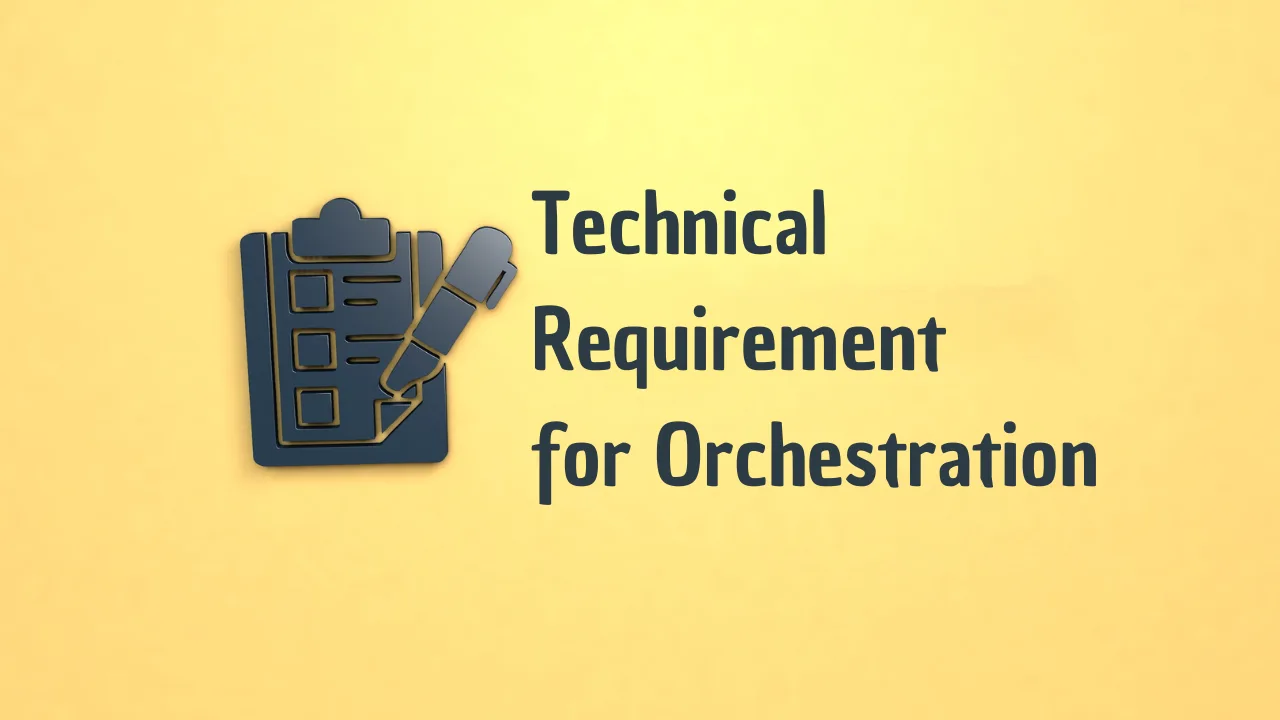The recent imposition of the “Liberation Day” tariffs by President Donald Trump has introduced significant challenges for businesses engaged in international trade, highlighting the critical need for contract compliance tariffs management. These sweeping tariffs, including a universal 10% levy on all imports and higher rates for specific countries—such as a 34% tariff on Chinese goods—have escalated the complexity of global commerce.
In this volatile environment, companies must proactively manage their contractual agreements to mitigate financial risks and ensure compliance. An AI-powered Contract Lifecycle Management (CLM) solution, like the one offered by Zycus, becomes indispensable in identifying and managing critical contractual clauses across extensive portfolios.
Understanding the ‘Liberation Day’ Tariffs
On April 2, 2025, President Trump declared “Liberation Day,” unveiling a two-tier tariff structure aimed at addressing trade imbalances
- Universal Tariff: A baseline 10% tariff applied to all imports, with certain exceptions.
Source: https://en.wikipedia.org/wiki/Donald_Trump%27s_Liberation_Day_speech - Country-Specific Tariffs: Additional tariffs targeting specific nations with significant trade surpluses with the U.S., including a 34% tariff on Chinese imports
Source: https://apnews.com/article/trump-tariffs-liberation-day-2a031b3c16120a5672a6ddd01da09933
These measures have prompted widespread reactions from global leaders and economic experts, with concerns about potential inflationary effects and disruptions to international supply chains.
Explore the full impact of tariffs on procurement and how to respond strategically
The Imperative for Contractual Vigilance
In light of these tariffs, businesses must scrutinize their existing contracts to identify clauses that could either expose them to increased costs or provide avenues for mitigation.
Key contractual elements to focus on include:
- Force Majeure Clauses: Determine if tariffs are considered unforeseen events that could excuse contractual obligations.
- Price Adjustment Clauses: Assess whether there are provisions allowing for renegotiation of prices in response to increased costs due to tariffs.
- Termination Clauses: Identify conditions under which contracts can be terminated if fulfilling them becomes economically unfeasible.
Manually reviewing thousands of contracts to locate these clauses is not only time-consuming but also prone to errors. This is where an AI-powered CLM solution becomes critical.
Leveraging AI-Powered CLM for Risk Mitigation
An AI-driven CLM system, such as Zycus’ offering, streamlines the process of managing contractual obligations and mitigating risks associated with tariff changes.
Benefits include:
- Automated Clause Identification: Quickly locate and analyze relevant clauses across all contracts, enabling proactive risk management.
- Compliance Assurance: Ensure that all contractual terms adhere to the latest trade regulations and tariff structures.
- Efficient Negotiations: Equip procurement teams with insights to renegotiate terms with suppliers, aiming to distribute tariff-induced costs more equitably.
By implementing such a solution, businesses can respond swiftly to the challenges posed by the ‘Liberation Day’ tariffs, safeguarding their financial interests and maintaining operational stability.
Source: https://www.csis.org/analysis/china-and-impact-liberation-day-tariffs
Proactive Strategies for Procurement Teams
To effectively navigate the current tariff landscape, procurement teams should:
- Conduct Comprehensive Contract Audits: Utilize AI-powered CLM tools to review existing contracts for clauses related to tariffs and cost adjustments.
- Engage in Supplier Negotiations: Collaborate with suppliers to share the burden of increased costs or explore alternative sourcing options.
- Stay Informed on Regulatory Changes: Regularly monitor trade policies to anticipate further developments and adjust strategies accordingly.
- Implement Flexible Contract Terms: Incorporate clauses that allow for adjustments in response to future tariff changes, enhancing contractual agility.
By adopting these strategies and leveraging advanced CLM solutions, companies can better manage the uncertainties introduced by the ‘Liberation Day’ tariffs and position themselves for continued success in international trade.
In conclusion, the dynamic nature of global trade, exemplified by the recent tariff implementations, underscores the necessity for businesses to have robust contract management systems in place. An AI-powered CLM solution not only facilitates efficient contract analysis and compliance but also empowers organizations to navigate complex trade environments with confidence.
Related Reads:
- Navigating the New Tariff Landscape: Strategic Imperatives for CPOs in 2025
- Global Trade Realignment: Strategic Imperatives for Non-US CPOs in 2025
- Solution: AI-Powered Contract Management
- Contract Analytics: Revolutionizing Contract Management with AI-Driven Analytics
- Whitepaper: The Why, What & How of Contract Management
- Ultimate Guide to Contract Management: Benefits & Best Practices





























































